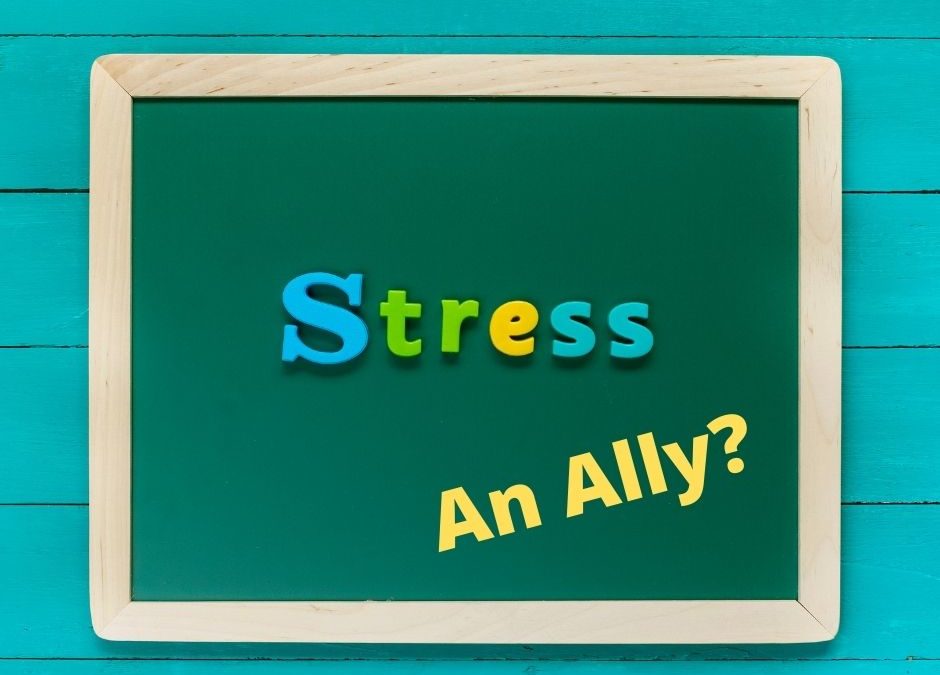“Embracing stress is an act of bravery, one that requires choosing meaning over avoiding discomfort.” Kelly McGonigal, The Upside of Stress
As a Stress Mastery Expert, I explore pathways to support my clients to manage their stress by decreasing the impact of stress from a busy life and to shift out of resistance patterns that keep them stuck in their comfort zone or wiping themselves out when they venture beyond their comfort zone. The truth about stress is that it is a vehicle for learning and growth if you know how to harness that energy for your benefit. My Stress Mastery programs are designed to support the empowering re-wire for a stress resilient lifestyle. I work with success oriented, life-long learning individuals who desire to engage fully in their life so they can shine authentically.
The Upside of Stress; Why Stress is Good for You and How to Get Good at It by Kelly McGonigal PhD, presents the truth about how stress can be harmful or helpful depending on one’s mindset about stress. I have incorporated principles from her book into my Stress Mastery programs because she has presented the research and is writing about what I have personally witnessed about stress in myself and in those I serve through my Stress Mastery Programs.
Here are a few of the golden nuggets that are shared in Dr. McGonigal’s book that I offer my clients in my workshops and Stress Mastery Program:
- When you engage in stressful situations, you are cultivating courage.
- Stress can motivate you and give you energy to focus on challenges that support you to learn and grow.
- When you avoid stress, you are often in resistance which creates internal stress and energy loss. When you feel stuck in the push-pull of getting out of your comfort zone, you will lose energy.
- You lose energy when you react to stress triggers and perpetuate the “fight or flight” stress response to all stress triggers large and small. For many the fight, fight or freeze response is the default habitual response even when you are not facing a life-or-death situation. Our biology is designed to use that mode for survival; not a bad day at work.
- Stress can increase our confidence when we face stressful situations using stress resilience tools for a “meet the challenge” stress response. Meeting stress as a “challenge” enhances your learning and capacity to creatively problem solve the situation.
- You feel a stress response relative to the things you care about. If you examine your stress triggers, you will see an underlying core value at stake when during those times you are experiencing symptoms of stress.
- Once you transform the belief that stress is harmful for you and learn to see that stress is part of living your meaning and purpose using a growth mindset, you can gain resiliency to manage the stress triggers and minimize harm to self.
- Science has shown that if you believe that stress is harmful then stress becomes harmful creating a ripple impact on the mind-body-spirit and when you have a growth mindset that stress is not harmful, the harmful hormonal response can be mitigated. This is the paradox that explains how stress resiliency works to conserve energy and support an empowering stress response.
- Oxytocin, the bonding hormone, is one of your primary stress resilience hormones, that when released, supports you to seek social connection and to care for others during times of stress. This hormone motivates you to “lean-in.” It dampens fear and increases courage when you connect with another to elicit the oxytocin response.
- If you avoid stress then you are missing the opportunities to expand into new things that fuel your meaning and purpose. Avoiding stress increases your risk for depression, isolation and stress related disease. Stress resilience practices and mindset support courage at the edge of the unknown when you stretch beyond your comfort zone.
- The paradox about stress is that it is a normal part of living a fulfilling life. How you think about stress, or your attitude and approach to stress, is the key to whether it has the impact to help or to harm.
Re-wiring how you think about stress is called “Neuroplasticity” and it takes 66-90 days to change mindset, habit and behavior patterns. My expertise is to support shifts in mindset and perspectives so you can re-wire habitual mindset and turn sabotaging patterns into empowering patterns. My Dharma Design programs transform lifestyle to create a happy, healthy and fulfilling life with presence, magnetism and confidence. Erasing your old story and rewriting your new story of self-acceptance, self-actualization, and shining authentically as the expression of your natural gifts and potential to keep evolving and growing into your best self.


Recent Comments